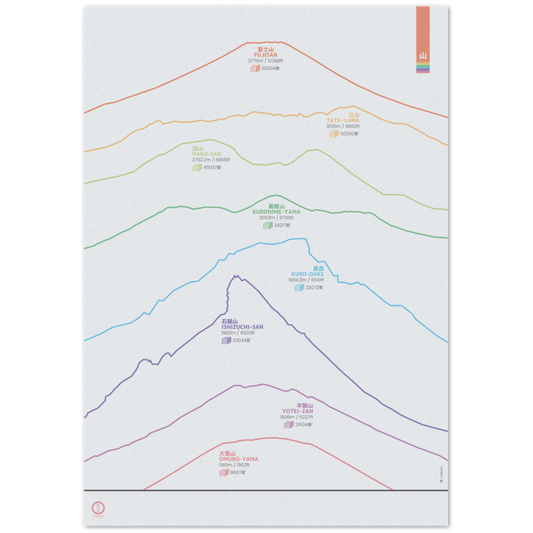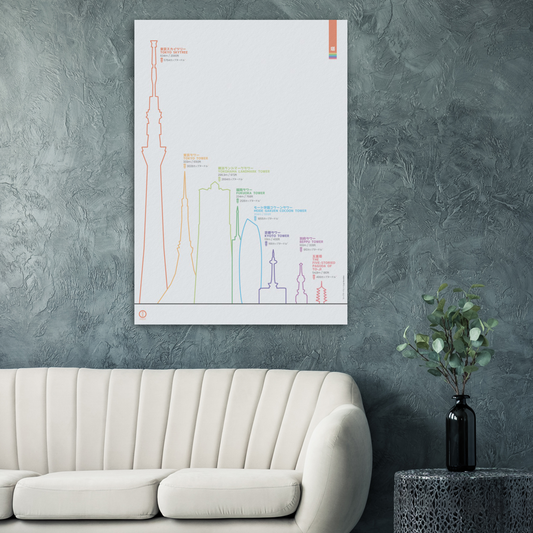Understanding ほど: 5 Key Uses with Clear Alternatives
Share
1. Expressing comparison of degree ("not as... as")
ほど is used to say that something is less than something else (less difficult, less fast, etc.). The most natural use is with a negative form.
| Using ほど | Simplified alternative |
|---|---|
|
モスラはゴジラほど強くない。 Mothra is not as strong as Godzilla.
|
モスラもゴジラと同じくらい強くない。 Mothra is not as strong as Godzilla.
|
⚠️ One thing to pay attention is to not use ほど without the negative form as it is not natural:
2. Expressing extreme intensity ("so... that")
ほど is used to show a strong intensity, often with a visible consequence. It's common with emotions or physical/mental states.
| Using ほど | Simplified alternative |
|---|---|
|
歩けないほど疲れた。 I was so tired, I couldn’t walk.
|
とても疲れて、歩けなかった。 I was very tired, I couldn’t walk.
|
3. Expressing proportional relation ("the more..., the more...")
ほど is used to describe a gradual relation: the more you do something, the more another thing increases. Very common with habits, effort or learning.
| Using ほど | Simplified alternative |
|---|---|
|
勉強すればするほど楽しくなる。
The more I study, the more fun it gets.
|
たくさん勉強すると、だんだん楽しくなる。
If I study a lot, it gets fun little by little.
|
4. Giving a reference of level or value ("someone of that level")
ほど is also used to describe someone or something as a strong reference point. It's often used to emphasize how special or exceptional something is.
| Using ほど | Simplified alternative |
|---|---|
|
彼ほどの人はいない。
There’s no one of his level.
|
彼みたいな人はいない。
There’s no one like him.
彼は特別な人だ。
He is a special person.
|
5. Giving an approximation ("about, roughly")
ほど can also mean “about” or “approximately,” like くらい or ぐらい. But ほど sounds a bit more polite or formal.
| Using ほど | Simplified alternative |
|---|---|
|
5分ほど待ってください。
Please wait for about 5 minutes.
|
5分ぐらい待ってください。
Please wait for around 5 minutes.
少し待ってください。
Please wait a little.
|
Bonus – Two expressions not to confuse (but based on the same idea)
There are other structures with ほど that are not part of the JLPT N4 level, but they come from the same core idea: comparing degree or intensity. You’ll likely encounter them later, so it’s good to recognize them now, even if you don’t need to memorize them yet.
- 〜するほどでもないNot to the extent of doing... 心配するほどでもない。It’s not serious enough to worry about.
- 〜とは言えないほどNot enough to say that... 病気とは言えないほどの熱。A fever not strong enough to be called an illness.
You don’t need to master these now, but if you see ほど in strange sentence patterns, it might be one of these.










